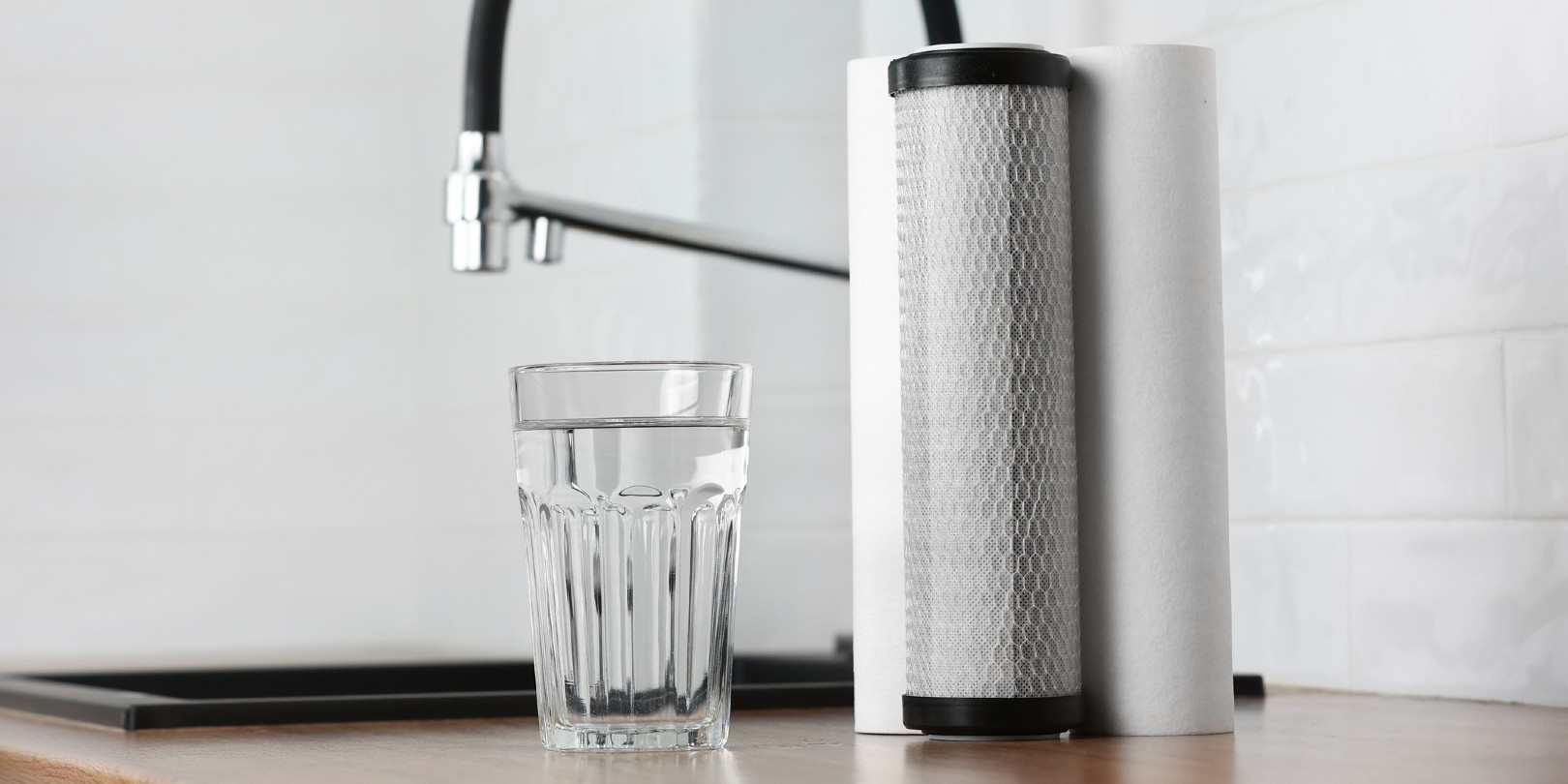How Does Well Water Work: An Informative Guide to Wells and Filtration

There are few things more important than having access to clean, safe drinking water. And for many people, that means having access to a well. A well provides a source of underground fresh water that you can use for drinking, cooking, and even showering. But did you know that having a well requires special care and maintenance to make sure the water is safe?
In this guide, we’ll teach you about how wells work, along with how to maintain them and even how to find a professional well drilling service. We’ll also talk about water filtration systems that can make sure your water is free of contaminants and safe to drink. So whether you’re thinking about getting well or just want to learn more about the one you already have, you’re in the right place.
What Is Well Water?
Well water is simply groundwater from an underground source. A well typically reaches groundwater through the use of a pipe-like structure — either naturally existing or drilled — that extends into the ground. This process can provide access to clean, high-quality water.
How Does a Well Work?
A well typically consists of two primary components: the wellhead and the pump system. The wellhead consists of an underground casing that extends into the aquifer, which is the permeable layer of rock or sediment through which water flows. From the aquifer, the pump system draws water up the casing and then transfers it to a storage tank located above ground.
Types of Wells
There are three main types of wells: shallow, medium-depth, and deep bore. Shallow wells draw water from shallow aquifers between 3-20 feet beneath the surface. Medium-depth wells access aquifers between 20-65 feet below the surface while deep bore wells draw from aquifers in excess of 65 feet down. The type of well you choose depends on your area and soil composition. And of course, consulting a professional for advice is usually necessary before drilling your well.
Well Maintenance
Properly maintaining your well is essential for safety and efficiency reasons. Sediment can build up over time which can damage pipes and pumps if not properly managed. At least once per year, you should always check for any signs of damage or build up including corrosion, cracks, or leaks. Some types of tanks will also require additional cleaning to ensure proper functioning. Tankless reverse osmosis systems may also need servicing each year to keep them functioning properly over time.
Filtration Options
You’ll also want to consider how to filter your well water for drinking purposes. There are many filtration options available depending on the quality of your water, ranging from simple filtering systems such as Brita pitchers to more complex ones like tankless reverse osmosis systems that can remove contaminants from water far more effectively than simpler systems.
Quality Control
While filtration systems are important in ensuring water safety, they cannot replace regular quality checks for your water supply. Contaminants in groundwater can change quickly due to intrusion by runoff, urbanization, and other environmental factors that affect its purity level. To ensure that the quality of your well water remains consistent, test it regularly by a qualified professional who can advise you on any steps you’ll need to complete to protect the safety of your well water supply.
Health and Safety
While you should always get regular testing in order to assess potential health or safety risks, certain areas may also require additional testing. This can be due to higher levels of contamination in their area’s groundwater, regionally speaking. By consulting with experts familiar with your area’s natural environment as well as performing regular maintenance on both your wellhead and tankless reverse osmosis system (if applicable), you can help ensure that your drinking water remains safe for years to come.
Conclusion
Well water has become a popular alternative to city or county water for many homes and businesses in rural areas. With its own advantages and disadvantages, it’s important to understand how well water works and how to keep it safe. With the help of this guide, you should have a better understanding of what wells are, how they work, and the types of filtration options available to both clean and maintain your well water supply.
